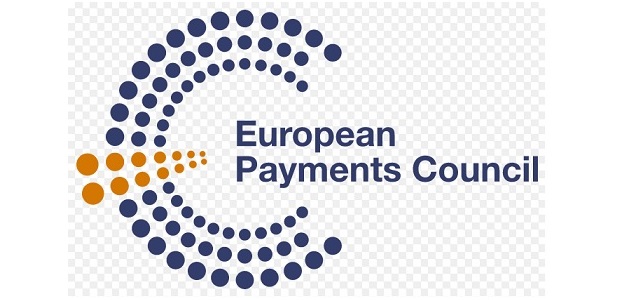
The latest EPC poll posed the question: “In your view, which of the following factors is most likely to trigger the next wave of innovation in the European payments market?”
The results were as follows:
Instant payments (45 percent)
Mobile payments (28 percent)
Cyber security (11 percent)
Virtual currencies (9 percent)
Regulation (7 percent)
The poll suggests a significant shift in thinking away from a focus on regulation towards more innovative factors such as instant payments and mobile payments. The uptake of new technologies (e.g. smartphones and cloud computing) has led to changes in customer habits and expectations, including the rise of e-commerce, m-commerce and instant payments. Customers make increasing use of these online and mobile channels to buy goods and services at any time and in any place.
These developments contribute to the expectation for a faster, potentially real-time, finality and/or confirmation of payment. It is, therefore, inescapable that both instant and mobile payments will become an increasingly important part of the payment landscape in Europe.
Related file – EPC160-15 EPC Report to the ERPB on Instant Payments.pdf
Banking 4.0 – „how was the experience for you”
„To be honest I think that Sinaia, your conference, is much better then Davos.”
Many more interesting quotes in the video below: